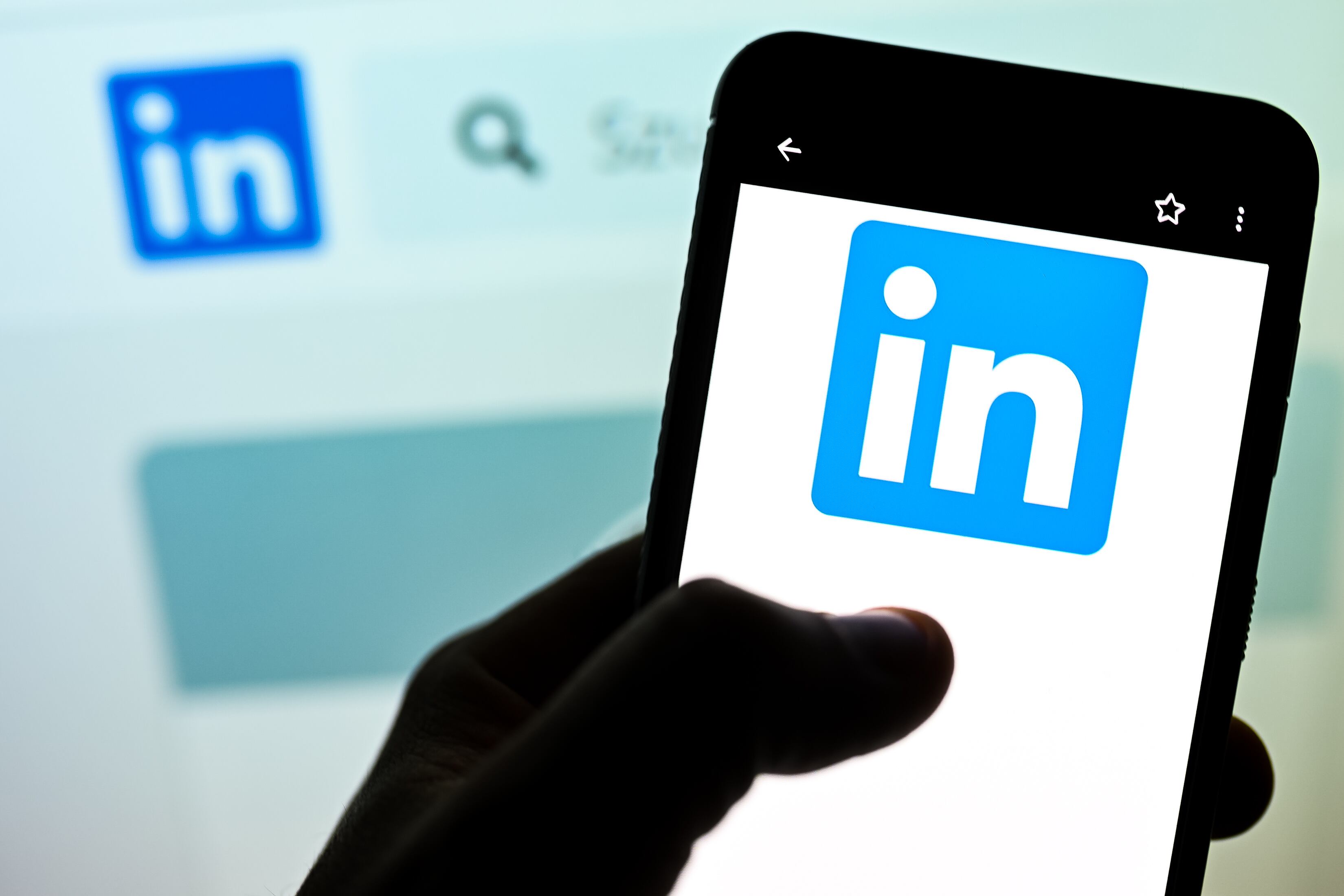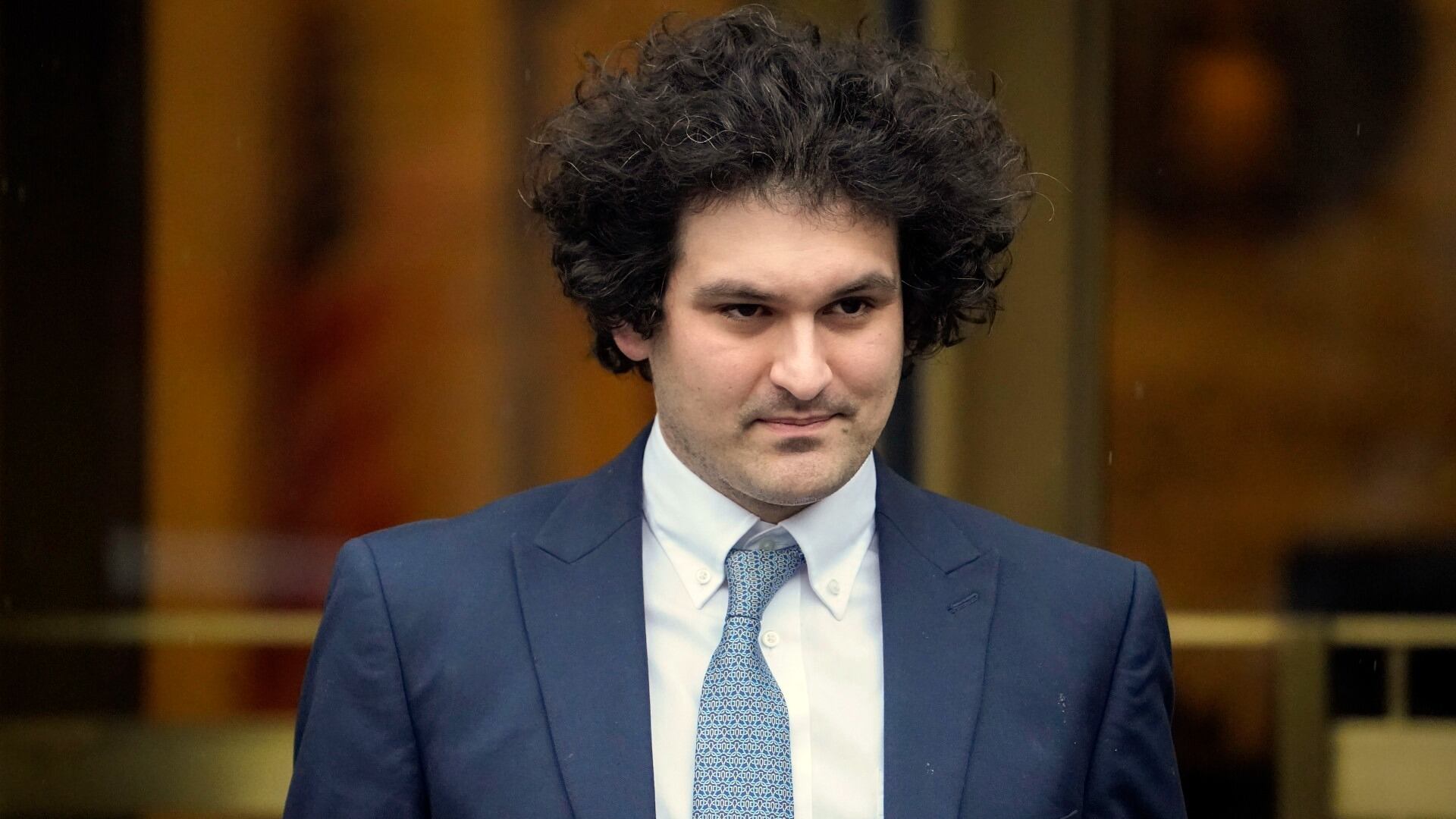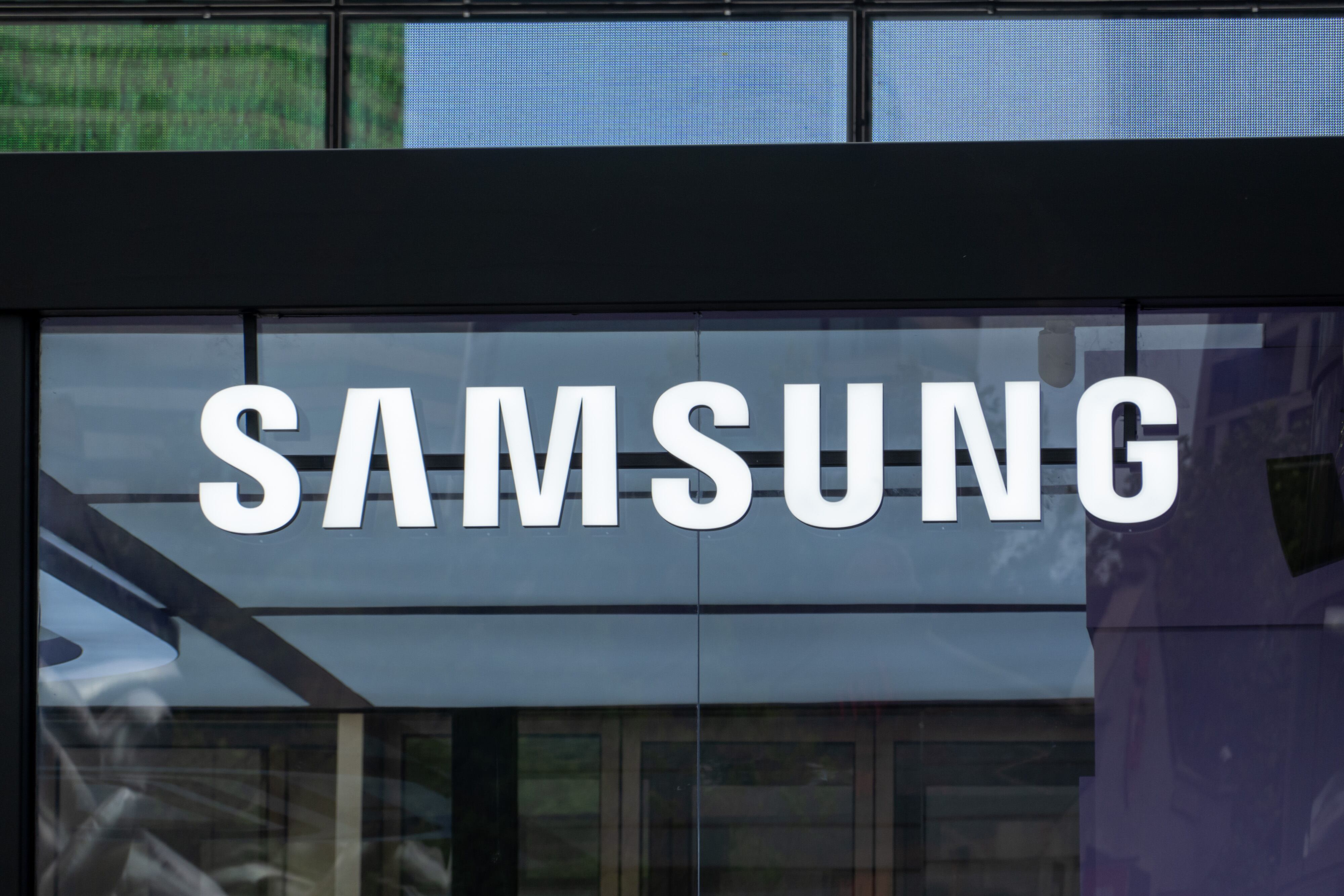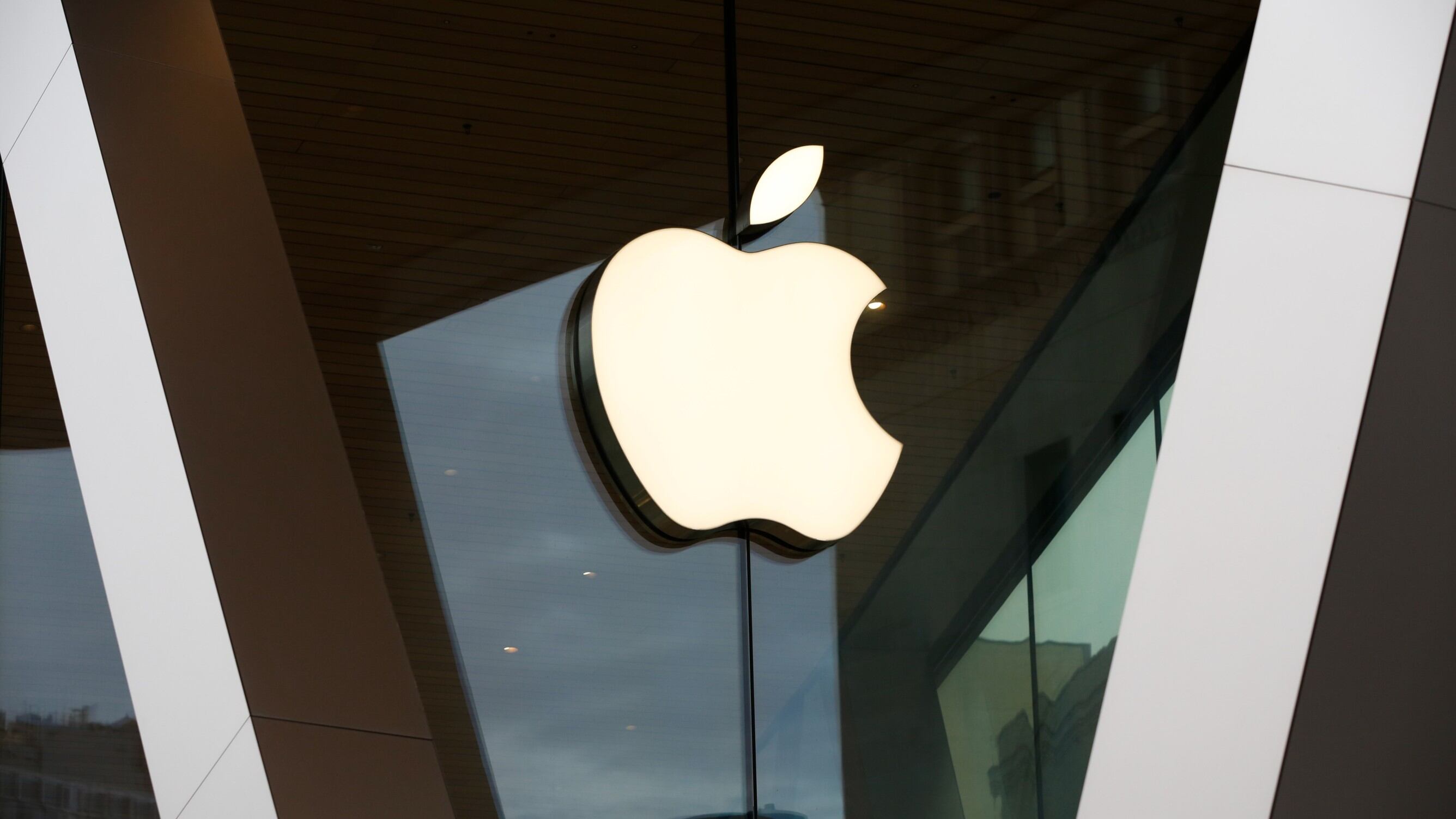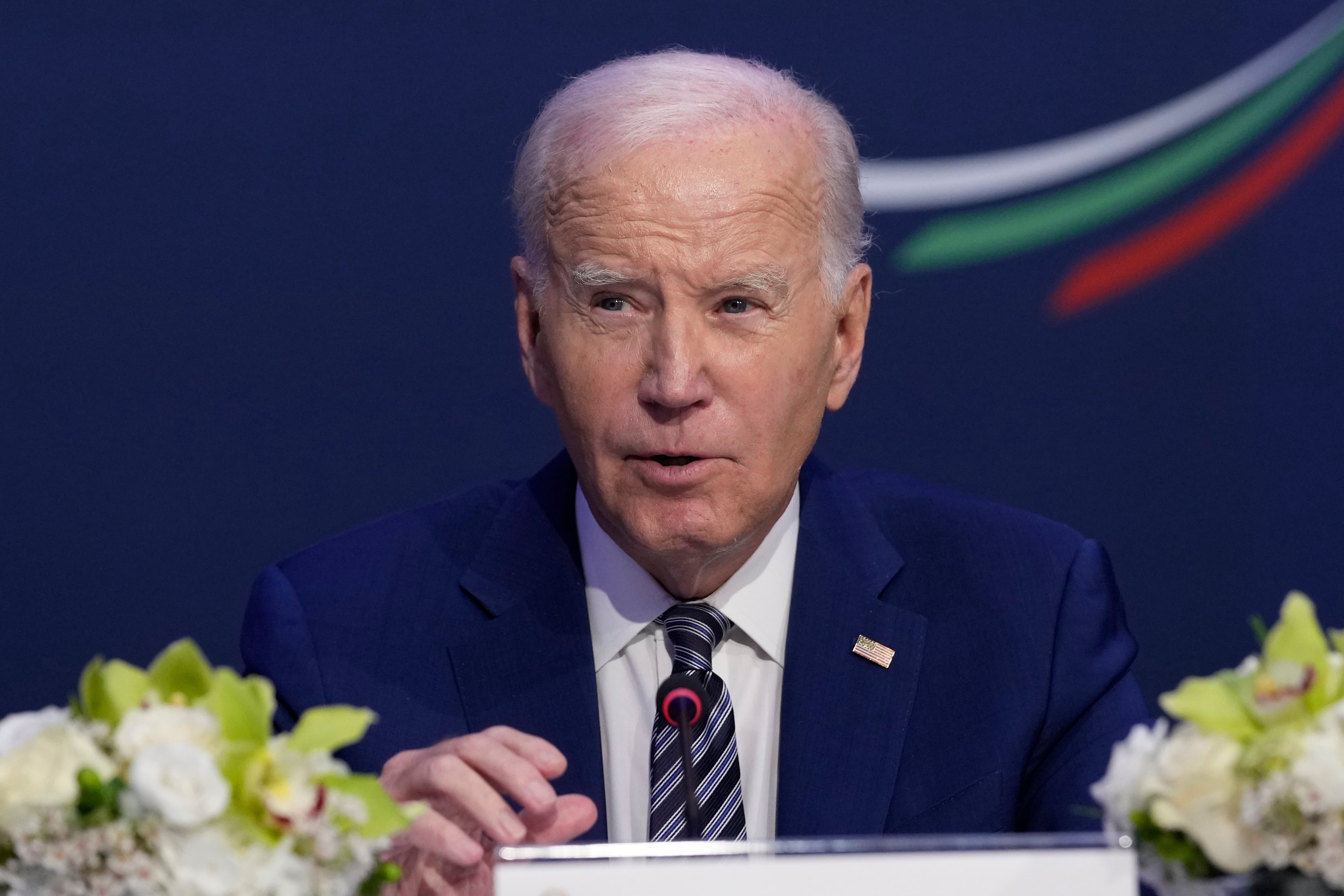Khushi Baby is the device that lets babies and mothers in rural India wear their medical histories around their necks. CEO and co-founder Ruchit Nagar joins us to discuss how the landmark technology works. He also tells us what went into turning his idea from a college project into a revolutionary product.
Nagar breaks down the technology behind the inexpensive digital necklace. He explains the app medical workers can use to easily access the medical histories of mothers and babies in rural India. The device uses near-field communication technology and cloud computing to become a "digital key" to the world's health gap.
While the technology is only being used in India now, Ragar gives us a look ahead at his company's plan for expansion into Africa and the Middle East. He also speculates on how advancements in 5G technology can increase the device's capabilities. Finally, we learn how researchers are using the app for analysis in addition to data collection.
World leaders and top executives are meeting just outside of London on Wednesday and Thursday to address artificial intelligence concerns and risks. Cheddar News explains.
The murder trial of a woman accused of gunning down rising pro cyclist Anna Moriah Wilson and fleeing the country began Wednesday with Texas prosecutors telling jurors they would hear Wilson's final screams and the shots that killed her.
LinkedIn is rolling out generative AI tools for premium members.
Closing arguments began in the trial of FTX co-founder Sam Bankman Fried.
Apple unveils new M3 chips.
Samsung reported better-than-expected operating profits in the third quarter.
Apple's latest event announced new Mac products and new chips and the company's latest line of Macbook Pros and iMacs were unveiled.
Apple's 8pm ET event Monday will revolve around its iMAC computer lineup of products which are expected to contain its new faster and three next-generation silicon chip.
President Joe Biden on Monday will sign a sweeping executive order to guide the development of artificial intelligence — requiring industry to develop safety and security standards, introducing new consumer protections and giving federal agencies an extensive to-do list to oversee the rapidly progressing technology.
Apple's latest keynote event will be live-streamed on its website, YouTube and Apple TV At 8 p.m ET.


